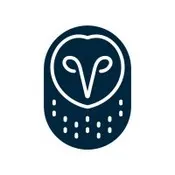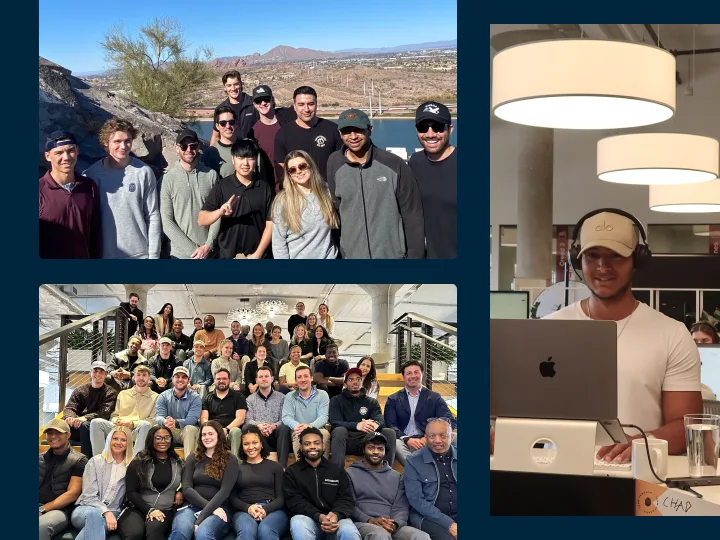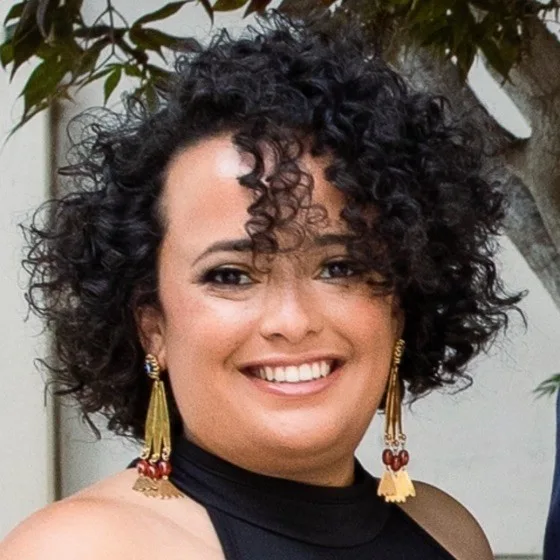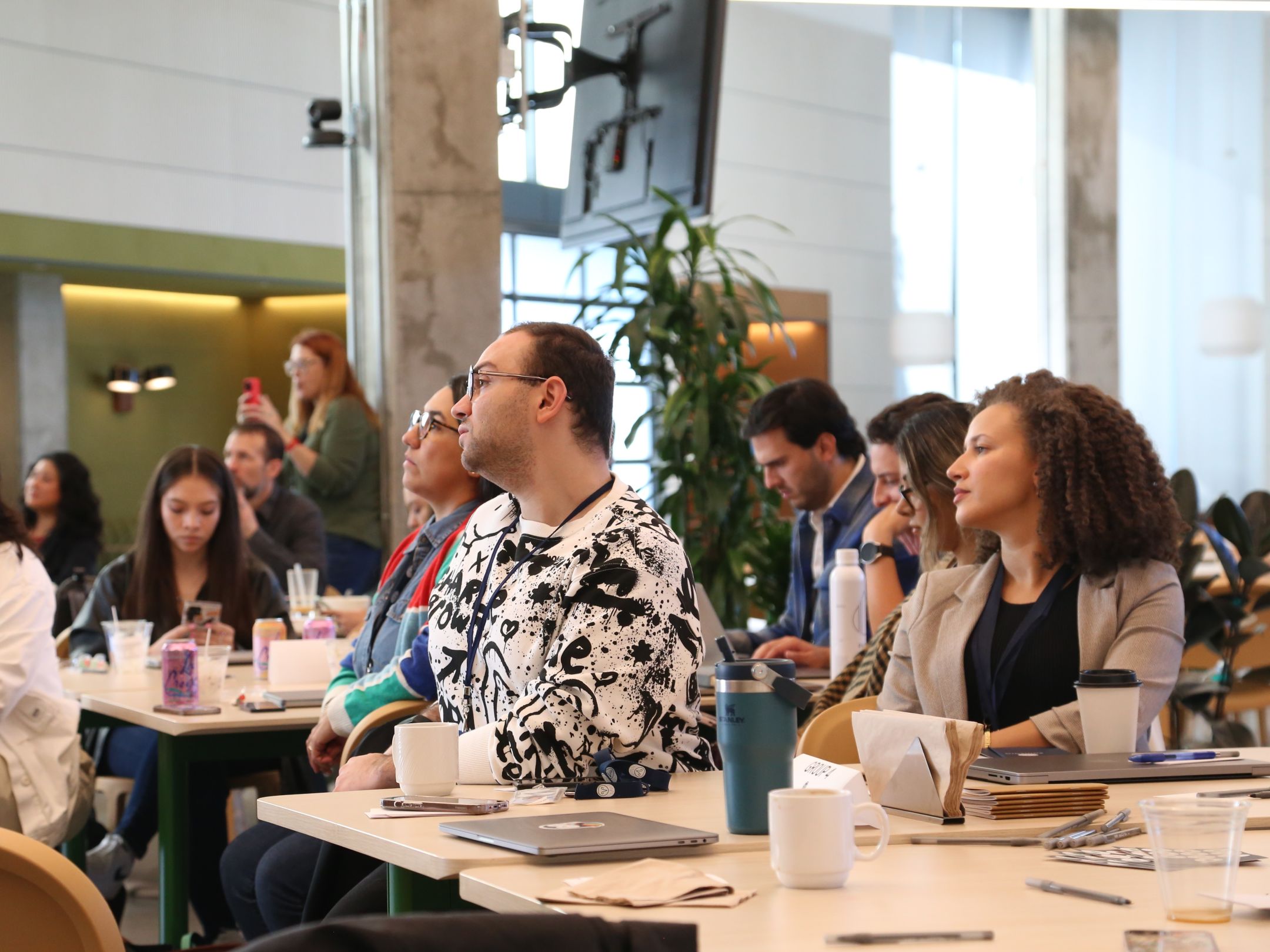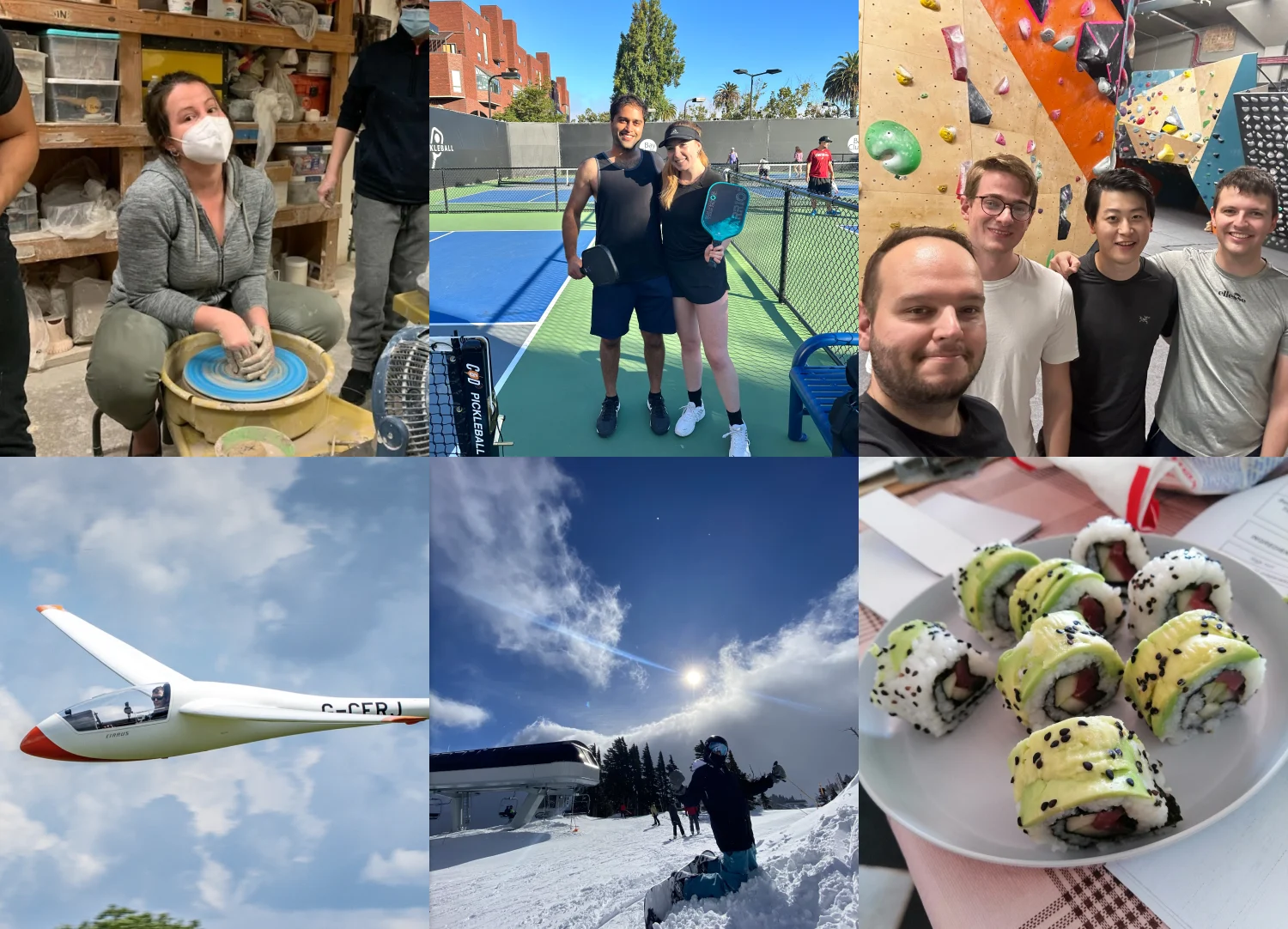
Get the latest from Samsara
Subscribe nowTo celebrate National Coming Out Day (NCOD) and our continued focus to serve our customer community and enable their success, Samsara’s LGBTQIA+ employee resource group, Pride at Samsara, invited Dr. Anne Balay, author of Semi Queer, to discuss the experiences of queer and trans truck drivers. Samsara’s Vince Vu, Public Sector Marketing Leader and Pride member, sat down with Anne to discuss why many LGBTQ+ individuals are drawn to blue-collar work like trucking, the sense of freedom it offers, and challenges facing the industry.
Vince: Anne, what drew you to blue-collar work like being a car mechanic and truck driver after earning your PhD?
Anne: After completing my PhD, I was a single parent with two young kids, and I needed reliable income. Blue-collar jobs, like being a mechanic and later a truck driver, offered stability. Higher education positions were unpredictable, with gig-like roles that didn’t provide the security I needed. Being a car mechanic wasn’t just about making ends meet; I loved the work. Fixing things with my hands felt real and rewarding—much more so than the abstract nature of academia. Blue-collar work often gets looked down on, but for me, it was empowering. I enjoyed the uniform, the tools, and the knowledge that I could always find work.
Vince: What attracts queer and trans individuals to the trucking industry?
Anne: For many queer and trans people, trucking represents freedom. There’s a romanticized idea of trucking as the open road, and while the reality is more regulated today, the job still offers a level of independence and autonomy that can be hard to find in other industries. Unlike in many white-collar jobs, trucking doesn’t care about your appearance or identity—if you can do the work, you’re hired. That kind of anonymity and escape from societal judgment is a huge draw for marginalized people who often feel scrutinized elsewhere. Many truckers I interviewed, especially trans women, found solace in the solitude of the road, using the time alone to reflect and embrace their identity without the constant pressures of traditional work environments.
Vince: What challenges do queer and trans truckers face, and how do they find community on the road?
Anne: Safety is a significant concern, particularly for queer and trans women in the industry. Many of the women I interviewed had been assaulted or harassed on the job, and the structure of the trucking industry makes it difficult to report these incidents without fear of losing work. Beyond physical safety, loneliness is another challenge. But interestingly, many queer and trans drivers told me that the isolation on the road felt like a refuge from the harassment they faced in more “normie” jobs. Despite this, a strong sense of community still exists among queer truckers. They often connect through social media, trucking apps, and sometimes even at truck stops. There’s a whole subculture of support that helps them cope with the isolation and dangers of the job, turning what might seem like a solitary life into one where they can find unexpected camaraderie.
Building a Diverse and Inclusive Community Together
At Samsara, we believe in fostering a workplace where everyone feels seen, valued, and supported. NCOD is a powerful reminder of the importance of visibility and inclusivity for the LGBTQ+ community, both inside and outside the workplace. By sharing stories that highlight the intersection of queer identity and industries like trucking, we can build a more empathetic and informed community.
If you are looking for a company where you can have an impact on the world and work with a phenomenal team, we hope you’ll consider joining Samsara. Check out our open positions and follow us on LinkedIn and Instagram to learn more.
Get the latest from Samsara
Subscribe now

